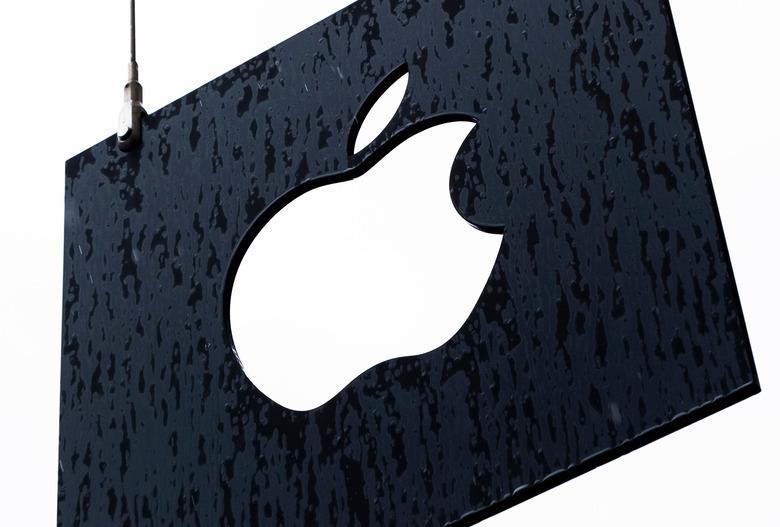Apple Fined 1.1 Billion Euros In France For Anti-Competitive Behavior
- Apple was just fined 1.1 billion euros by France's antitrust body for what has been deemed anti-competitive behavior.
- The fine is related to Apple's practices within its distribution network.
- Visit BGR's homepage for more stories.
Like any other massive technology company, Apple has received its share of scrutiny over the years by antitrust bodies claiming the consumer electronics giant engages in anti-competitive behavior. On Monday, Apple was slapped with a massive fine of 1.1 billion euros, or roughly $1.23 billion. The fine comes from France's L'Autorité de la concurrence, which alleges that Apple engaged in three main anti-competitive practices along with two of its wholesale partners that intentionally prevented competition in the marketplace. "Apple and its two wholesalers have agreed not to compete with each other and to prevent distributors from competing with each other, thereby sterilizing the wholesale market for Apple products," the French authority said.
Here is machine-translated text from the French watchdog's decision that outlines the three violations noted on the body's site:
Distribution of products and customers between its two wholesalers Tech Data and Ingram Micro. The two wholesalers concerned were also sanctioned for € 139 million for having accepted and implemented the product and customer allocation mechanisms developed and piloted by Apple, instead of freely determining their commercial policy (see details of the sanctions in the summary table below).
These practices have in a way "sterilized" the wholesale market for Apple products, freezing market share and preventing competition between the various distribution channels of the Apple brand.
Sale prices imposed on premium reseller retailers (APR) so that they apply the same prices as those charged by Apple itself, in the Apple Stores and on its website.
This practice has led, for end consumers, to align the selling prices of Apple products with almost half of the retail market for Apple products.
An abuse of economic dependence vis-à-vis premium resellers (for most SMEs), which has notably manifested itself in supply difficulties, discriminatory treatment, unstable conditions of remuneration for their activity (discounts and In progress). These practices consisted, in a context where distributors' margins were extremely reduced, in keeping distributors in an extreme dependence on the reception of products, especially the most requested (new products). The Authority thus noted that, when new products were launched, the APRs were deprived of stocks so that they could not respond to orders placed with them, while the network of Apple Stores and retailers was regularly supplied. This resulted in a loss of customers, including regular customers. They have even sometimes been forced, to respond to an order, to source themselves from other distribution channels, for example by ordering themselves directly from an Apple Store as an end customer would have done in order to supply their customers.
These practices have resulted in the weakening, and in some cases, the eviction of some of them, such as eBizcuss.
Apple's 1.1 billion euro fine is the largest single penalty that L'Autorité de la concurrence has ever levied. The two Apple wholesalers mentioned in the decision were slapped with fines as well. Tech Data will have to pay a 63 million euro penalty, while Ingram Micro was fined 76 million euros.
